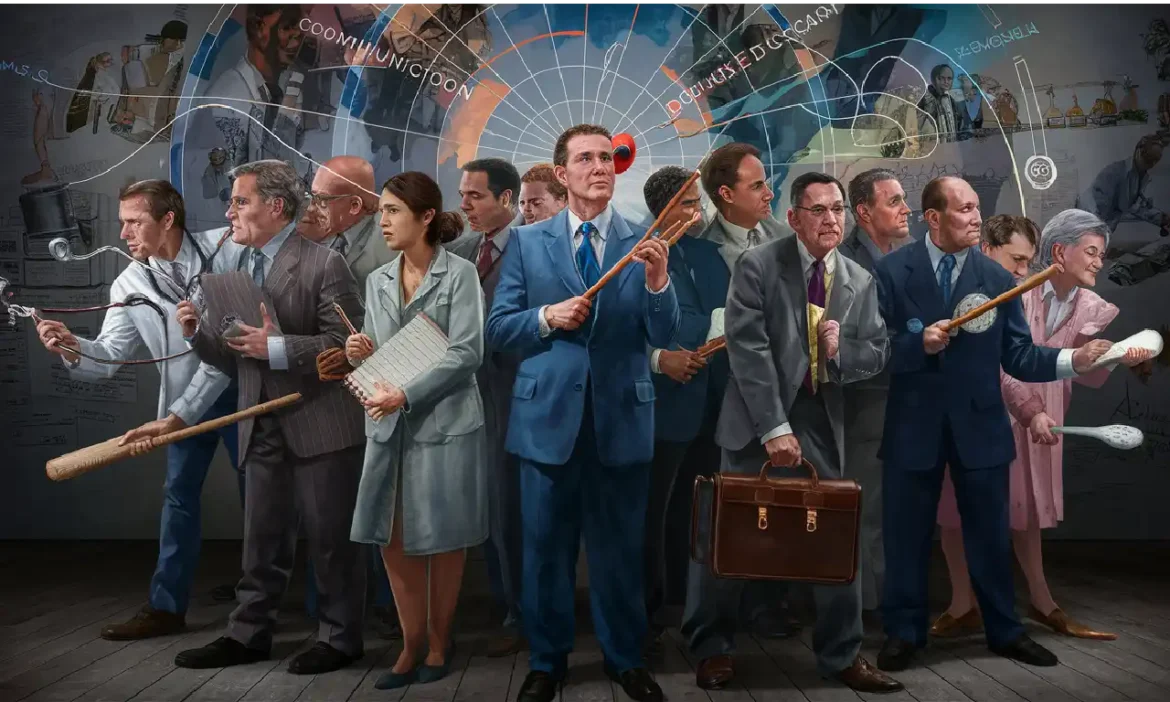Introduction: In the fabric of society, clubs have long been woven as threads of connection, bringing individuals together around shared interests, values, and activities. Over time, these clubs have evolved from exclusive gatherings to inclusive communities, fostering a sense of belonging and camaraderie among their members. In this article, we explore the evolution of trusted clubs and their profound societal impact, delving into how they shape social dynamics, promote collective well-being, and contribute to the fabric of communities.
The Origins of Clubs: Clubs have roots dating back centuries, originating as exclusive societies for the elite and affluent. These early clubs served as bastions of privilege and exclusivity, offering members a place to socialize, network, and engage in leisure activities away from the public eye. However, as societal norms evolved, so too did the concept of clubs, gradually shifting towards more inclusive and diverse spaces.
The Evolution of Trusted Clubs: In recent decades, there has been a notable shift towards the democratization of clubs, with a growing emphasis on inclusivity, diversity, and accessibility. Trusted clubs have emerged as beacons of community, welcoming individuals from all walks of life and providing a platform for connection and collaboration. These clubs prioritize mutual respect, shared values, and a sense of belonging, fostering meaningful relationships and social connections among their members.
The Societal Impact of Trusted Clubs: The rise of trusted clubs has had a profound impact on society, shaping social dynamics and promoting collective well-being in various ways:
- Community Building: Trusted clubs serve as focal points for community building, bringing together individuals with common interests and passions. Whether it’s a sports club, book club, or volunteer organization, these clubs provide a sense of belonging and camaraderie, strengthening social ties and fostering a sense of community spirit.
- Promoting Diversity and Inclusion: Unlike their exclusive predecessors, trusted clubs prioritize diversity and inclusion, welcoming individuals from diverse backgrounds and perspectives. By creating inclusive spaces where everyone feels valued and respected, these clubs contribute to greater social cohesion and understanding within communities.
- Supporting Mental Health and Well-being: Participation in trusted clubs has been linked to improved mental health and well-being, offering members a sense of purpose, connection, and fulfillment. Whether through shared activities, support networks, or peer interactions, these clubs provide a valuable outlet for stress relief and emotional support.
- Fostering Personal Growth and Development: Trusted clubs offer opportunities for personal growth and development, enabling members to learn new skills, pursue their passions, and expand their horizons. Whether through workshops, seminars, or mentorship programs, these clubs empower individuals to thrive and reach their full potential.
- Driving Social Impact: Many trusted clubs are actively engaged in philanthropic activities and community service initiatives, leveraging their collective resources and influence to drive positive social change. Whether through fundraising events, volunteer projects, or advocacy efforts, these clubs make meaningful contributions to the betterment of society.
- Cultural Preservation and Heritage: Trusted clubs often serve as custodians of cultural heritage, preserving traditions, customs, and practices that are integral to community identity. Whether through cultural festivals, heritage preservation initiatives, or language and arts programs, these clubs play a vital role in celebrating and safeguarding cultural diversity.
- Promoting Civic Engagement: Trusted clubs are active participants in civic life, engaging members in civic education, advocacy, and community organizing. By fostering a sense of civic responsibility and empowering members to participate in democratic processes, these clubs contribute to the vitality of civil society and promote active citizenship.
- Intergenerational Connections: Many trusted clubs facilitate intergenerational connections, bridging the gap between different age groups and fostering mentorship and mutual learning. By bringing together individuals of varying ages and life experiences, these clubs promote understanding, empathy, and collaboration across generations.
- Environmental Stewardship: Some trusted clubs are dedicated to environmental stewardship and sustainability, promoting conservation efforts, eco-friendly practices, and environmental education. Whether through tree planting initiatives, beach cleanups, or advocacy for renewable energy, these clubs contribute to environmental awareness and action within their communities.
- Promoting Social Justice and Equity: Trusted clubs are increasingly engaged in social justice and equity issues, advocating for marginalized communities and challenging systemic inequalities. By amplifying marginalized voices, promoting allyship, and supporting diversity initiatives, these clubs strive to create more just and equitable societies.
- Digital Transformation: In the digital age, trusted clubs are leveraging technology to enhance their impact and reach. From virtual events and online communities to social media advocacy and digital fundraising campaigns, these clubs are embracing digital tools to connect with members, raise awareness, and mobilize support for their causes.
- Global Connections: Trusted clubs serve as bridges to global connections, fostering international exchange, cultural diplomacy, and cross-cultural understanding. Through partnerships, exchange programs, and cultural exchanges, these clubs promote global citizenship and solidarity, transcending geographical boundaries and fostering a sense of global community.
Conclusion: In conclusion, the evolution of trusted clubs represents a significant shift in the social landscape, moving away from exclusivity towards inclusivity, diversity, and accessibility. These clubs play a vital role in shaping social dynamics, promoting collective well-being, and contributing to the fabric of communities. By fostering a sense of belonging, supporting personal growth, and driving social impact, trusted clubs enrich the lives of their members and make meaningful contributions to society as a whole. As we continue to navigate the complexities of the modern world, the importance of trusted clubs in fostering connections, building communities, and promoting positive change cannot be overstated.

